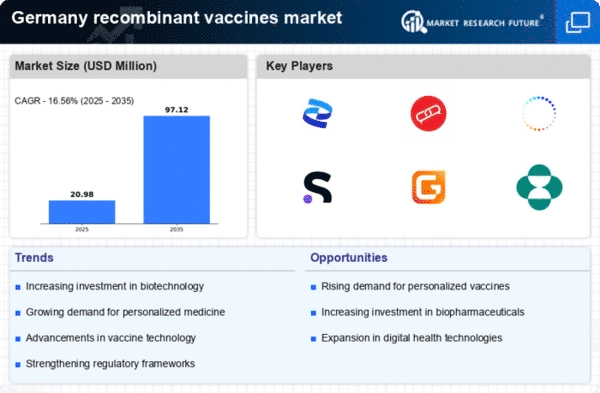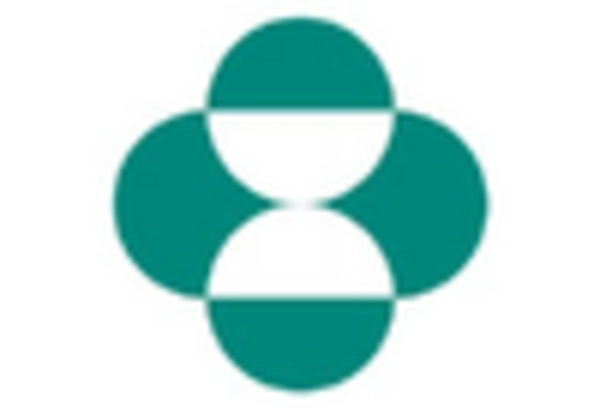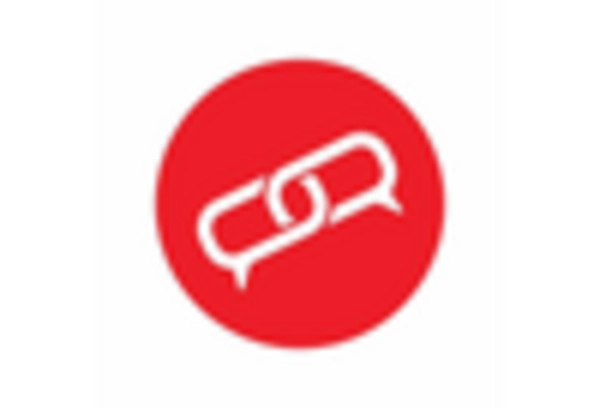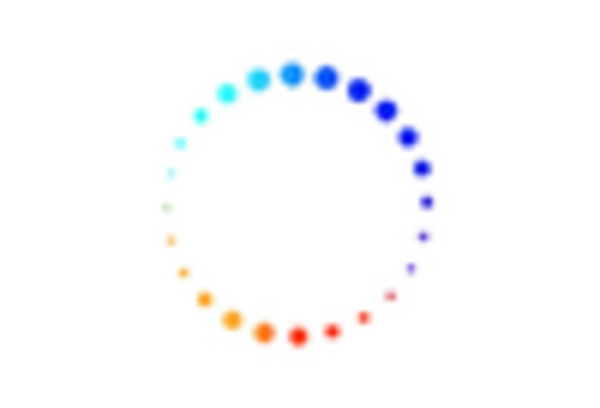Government Initiatives and Funding
Government initiatives and funding play a pivotal role in shaping the recombinant vaccines market in Germany. The German government has implemented various programs aimed at supporting vaccine development and distribution. For instance, funding for vaccine research has increased significantly, with allocations reaching €300 million in 2025. These initiatives are designed to bolster the domestic vaccine manufacturing capacity and ensure timely access to vaccines for the population. Furthermore, public-private partnerships are being encouraged to enhance collaboration between government entities and private companies, thereby streamlining the development process. Such support is likely to create a favorable environment for the recombinant vaccines market, as it enables faster innovation and deployment of vaccines. The recombinant vaccines market is expected to thrive under these supportive measures, which aim to enhance public health outcomes.
Emergence of New Infectious Diseases
The emergence of new infectious diseases is a critical factor driving the recombinant vaccines market in Germany. As global travel and trade increase, the risk of infectious disease outbreaks rises, necessitating the development of effective vaccines. Recent trends indicate a growing incidence of zoonotic diseases, which are transmitted from animals to humans, prompting urgent responses from health authorities. In 2025, the recombinant vaccines market is projected to expand by 15% due to the need for rapid vaccine development in response to these emerging threats. The recombinant vaccines market is likely to play a crucial role in addressing these challenges, as recombinant technology allows for the swift design and production of vaccines tailored to specific pathogens. This adaptability is essential for maintaining public health and preventing widespread outbreaks.
Investment in Research and Development
Investment in research and development (R&D) is a critical driver for the recombinant vaccines market in Germany. The country is home to numerous biotechnology firms and research institutions that are actively engaged in developing innovative vaccine technologies. In 2025, R&D expenditure in the biopharmaceutical sector is projected to exceed €5 billion, highlighting the commitment to advancing vaccine development. This investment is likely to facilitate the creation of novel recombinant vaccines that target emerging infectious diseases and enhance existing vaccine formulations. Additionally, collaborations between academia and industry are fostering an environment conducive to innovation, which is essential for the growth of the recombinant vaccines market. The recombinant vaccines market stands to gain from these advancements, as new products are introduced to meet the evolving healthcare needs of the population.
Rising Demand for Preventive Healthcare
The increasing emphasis on preventive healthcare in Germany is driving the recombinant vaccines market. As healthcare systems evolve, there is a notable shift towards vaccination as a primary strategy for disease prevention. This trend is reflected in the growing public awareness regarding the benefits of vaccines, which has led to a surge in vaccination rates. In 2024, vaccination coverage in Germany reached approximately 85%, indicating a robust acceptance of vaccines among the population. This rising demand is likely to propel the recombinant vaccines market, as these vaccines are often preferred for their efficacy and safety profiles. Furthermore, the integration of recombinant vaccines into national immunization programs is expected to enhance their accessibility, thereby fostering market growth. The recombinant vaccines market is poised to benefit from this shift towards preventive measures in healthcare.
Growing Awareness of Vaccine Safety and Efficacy
The growing awareness of vaccine safety and efficacy is significantly influencing the recombinant vaccines market in Germany. Public perception of vaccines has evolved, with increasing trust in scientific research and regulatory bodies. This shift is evident in the rising number of individuals seeking vaccinations, as evidenced by a 10% increase in vaccine uptake reported in 2025. Educational campaigns and transparent communication from health authorities have contributed to this positive trend, fostering confidence in recombinant vaccines. As the population becomes more informed about the benefits and safety of vaccines, the demand for recombinant vaccines is likely to rise. This heightened awareness is expected to drive the recombinant vaccines market, as more individuals opt for vaccination as a preventive measure against infectious diseases.
















